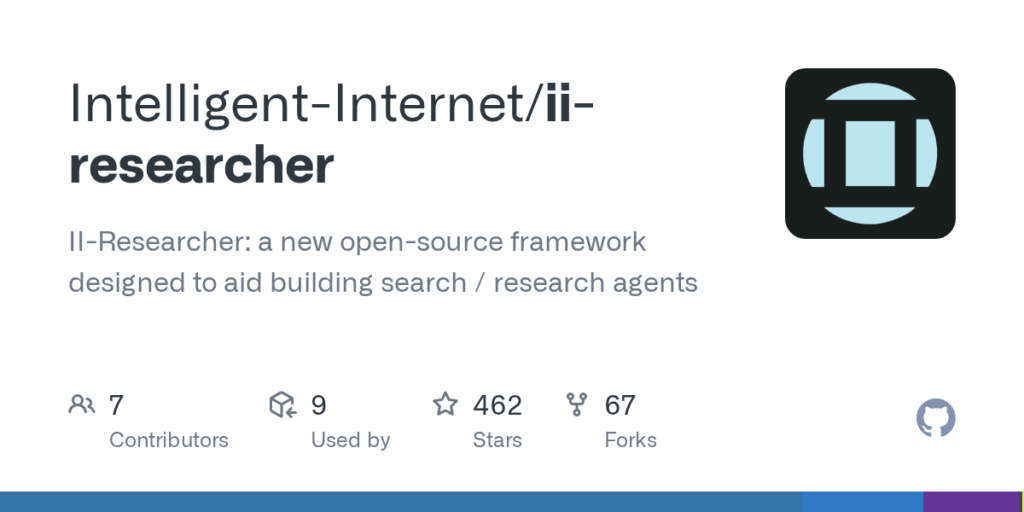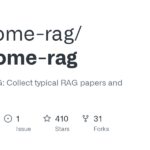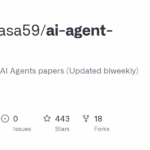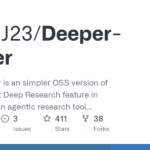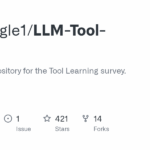ii researcher
Basic Information
II-Researcher is an open-source deep search agent designed to perform intelligent web searches, scrape and extract content, and generate comprehensive, referenced answers to user questions. The project combines structured output via BAML with multiple search providers and scrapers to run multi-step retrieval and reflection workflows. It is distributed as a Python package with CLI, a FastAPI backend, a Next.js frontend, Docker Compose orchestration, and optional MCP server integration for desktop agent workflows. The repository documents required environment variables, model configuration and compression options, and instructions to run a local LiteLLM proxy or route models via OpenRouter. The README includes benchmark information using the Frames dataset and practical deployment pathways for local development and containerized production.

